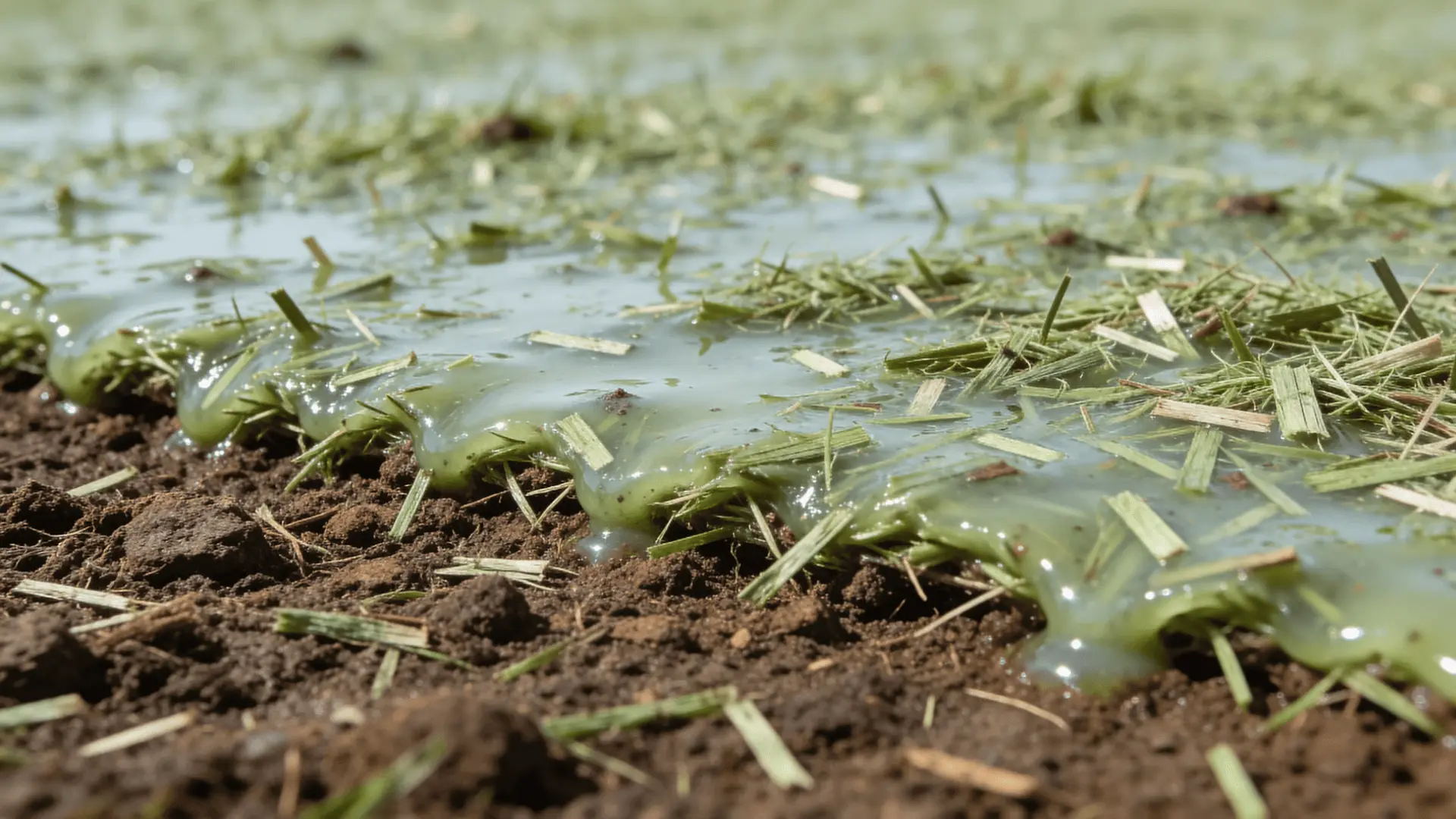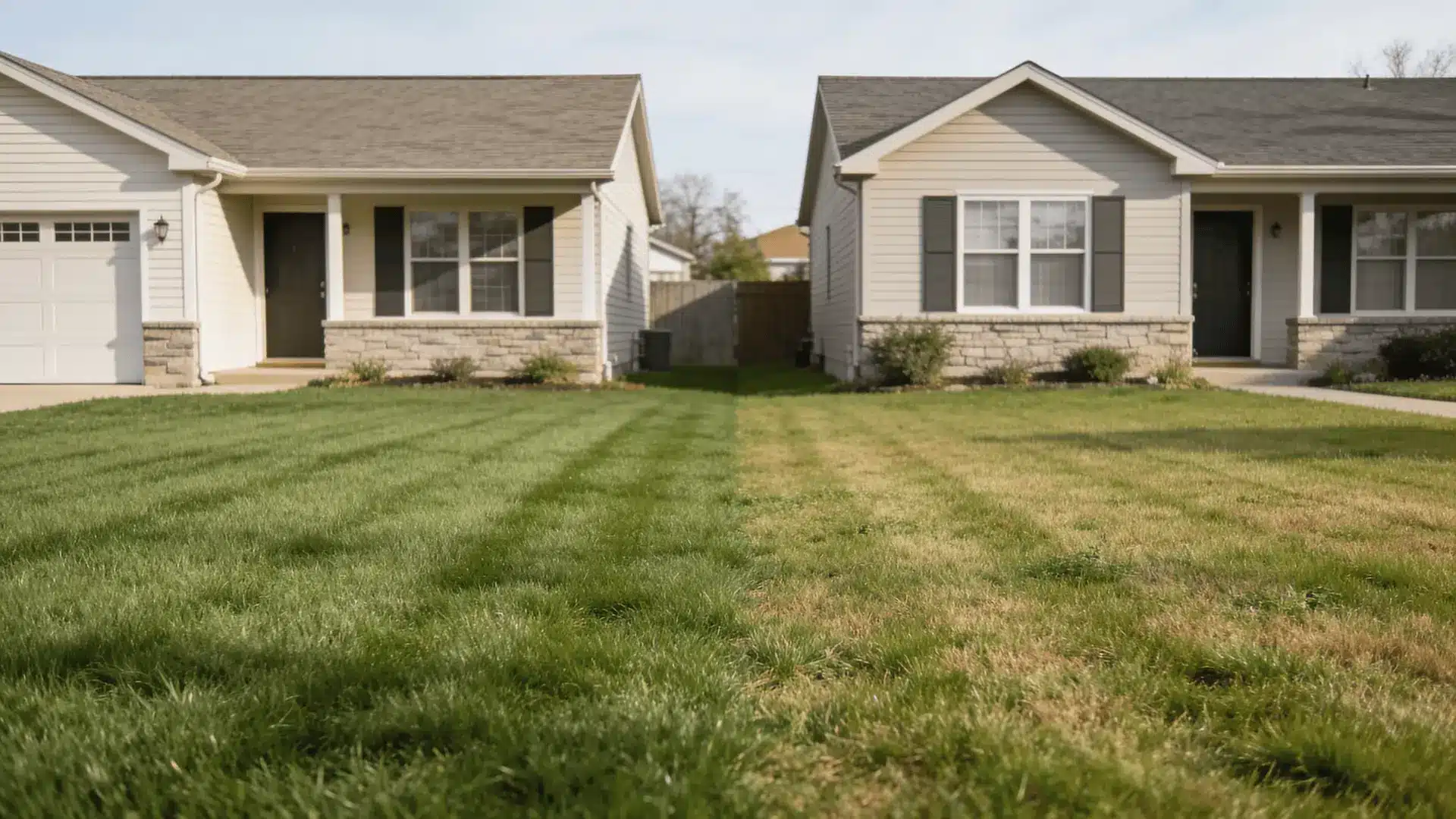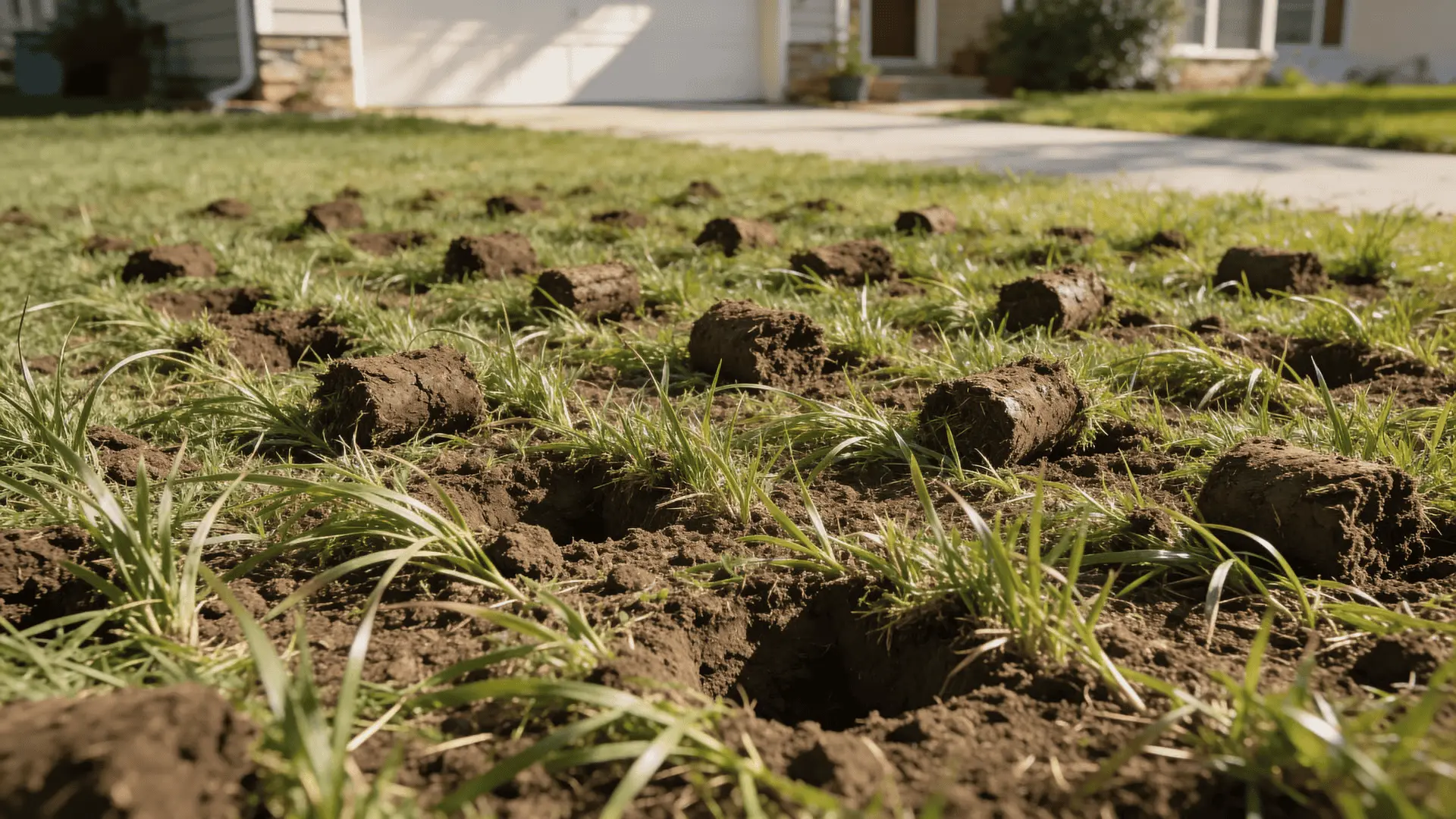Ants can quickly become a nuisance once they invade your living space, forming trails across countertops, floors, or windowsills in search of food and water.
While long-term control often involves sealing entry points and removing attractants, sometimes an immediate solution is needed to stop them in their tracks.
That’s where 70% rubbing alcohol comes in. This common household item doesn’t just kill ants on contact; it also disrupts the pheromone trails they leave behind, making it harder for other ants to follow the same path. With just a spray bottle and some rubbing alcohol, you can target visible ants instantly and reduce their activity in problem areas.
How 70% Rubbing Alcohol Kills Ants and Erases Trails
Rubbing alcohol kills ants through direct contact by dissolving their protective waxy coating and causing rapid dehydration. The 70% concentration works better than higher concentrations because the water content slows evaporation, allowing better penetration of the ant’s exoskeleton.
When sprayed directly on ants, the alcohol disrupts their respiratory system and damages their soft tissues. Most ants will stop moving within 10 to 20 seconds of proper application. The alcohol also erases the chemical pheromone trails that ants use for navigation, preventing immediate reinforcement from the colony.
How to Apply 70% Rubbing Alcohol Safely Indoors
For effective ant control, follow these steps:
-
Fill a spray bottle with 70% isopropyl alcohol
-
Spray directly on visible ants from 6-8 inches away
-
Wait 30 seconds for the ants to die
-
Wipe the area with a damp cloth to remove dead ants
-
Respray the trail area lightly to eliminate pheromone markers
Always ensure proper ventilation when using rubbing alcohol indoors. Keep away from heat sources, flames, and pilot lights as alcohol is highly flammable. Test on a small hidden area first when treating painted surfaces, varnished wood, or natural stone, as alcohol can damage some finishes.
Why Alcohol is Short-Term and How Baits Kill the Colony
While rubbing alcohol provides instant relief, it doesn’t solve the underlying ant problem. The alcohol evaporates quickly and doesn’t affect the colony or queen. New ants will likely appear within 24-48 hours from the same entry points.
For lasting control, combine alcohol treatment with ant baits or a homemade fire ant killer. Use alcohol for immediate relief, then place commercial ant baits near former trails and entry points. The baits contain slow-acting insecticides that worker ants carry back to the colony, eventually eliminating the queen and entire nest.
Ant Prevention: Simple Steps to Keep Them Out
After treating visible ants with alcohol, take these preventive measures:
-
Seal cracks and entry points with caulk
-
Remove food sources like crumbs and spills immediately
-
Store sweet foods in sealed containers
-
Fix water leaks that attract moisture-seeking ants
-
Keep pet food bowls clean and elevated
Final Thoughts
Regular cleaning with soapy water using dawn dish soap ratios along common ant pathways helps prevent trail establishment. If ant problems persist after two weeks of combined alcohol and bait treatment, consider consulting a pest control professional for species identification and targeted treatment strategies.
However, if ant problems continue beyond two weeks despite these efforts, it may be a sign of a larger colony or a more resilient species. In such cases, consulting a licensed pest control professional is recommended.
They can correctly identify the ant species, locate nesting sites, and apply targeted treatment strategies for long-term control.
By pairing immediate DIY solutions with preventative cleaning and, when necessary, professional expertise, you can keep your home protected from ongoing ant invasions.








